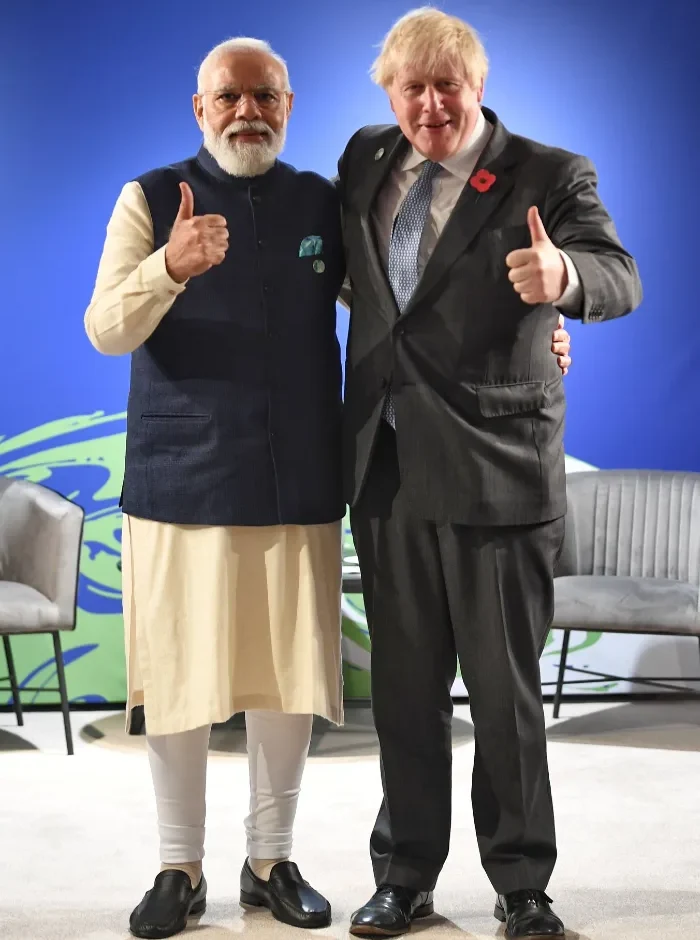The United Kingdom on Tuesday reiterated its support to expansion of the UN Security Council in both permanent and non-permanent categories, including creation of new permanent seats for India, Germany, Japan and Brazil.
While speaking at the General Assembly debate in New York, James Roscoe, a senior British diplomat at the UN, reaffirmed the United Kingdom’s strong commitment to reforming the Security Council.
"The world has changed immeasurably since the Security Council's establishment in 1946 and its most recent expansion in 1965. The Council must change too, to better reflect the world as we find it in the twenty first century, and to better respond to the threats to international peace and security that confront us," said Roscoe.
He said that the UK's position is well known and remains unchanged.
"We support the creation of new permanent seats for India, Germany, Japan and Brazil, as well as permanent African representation on the Council," commented Roscoe.
The UK Ambassador to the UN also spoke about "modest expansion" of the non-permanent category, taking the Security Council's total membership to "somewhere in the mid-twenties".
He said that these changes would make for a more representative Security Council, better able to address challenges to international peace and security by drawing on the perspectives and the expertise of a wider range of the UN membership.
More importantly, he said, it is a model for reform that would preserve the Council's ability to respond nimbly and decisively to threats around the globe.
The UK also sympathised with those Member States that express concern and frustration over the lack of progress towards a substantive outcome.
"We call for the initiation of text-based negotiations with the aim of achieving concrete outcomes within a fixed timeframe. And we remain open to all ideas for moving the process forward at an accelerated rate, including by formalising and recording the Intergovernmental Negotiations," said Roscoe.
Also Read: China and US define framework for lengthy talks on normalisation




















